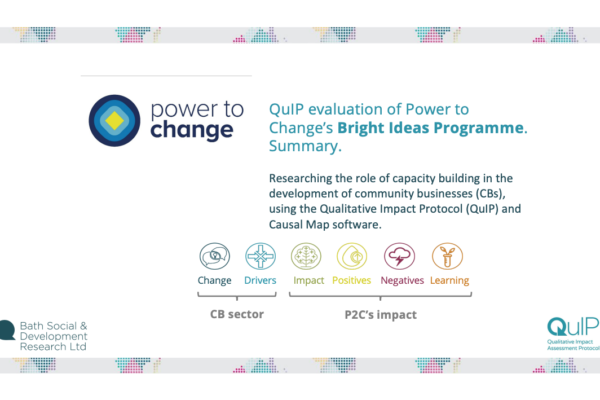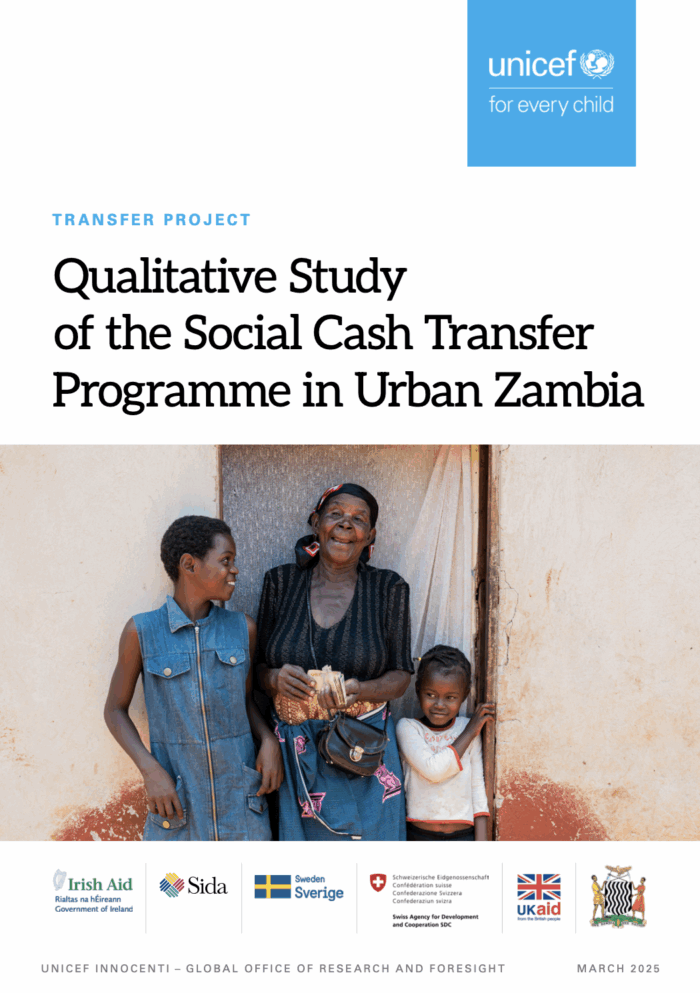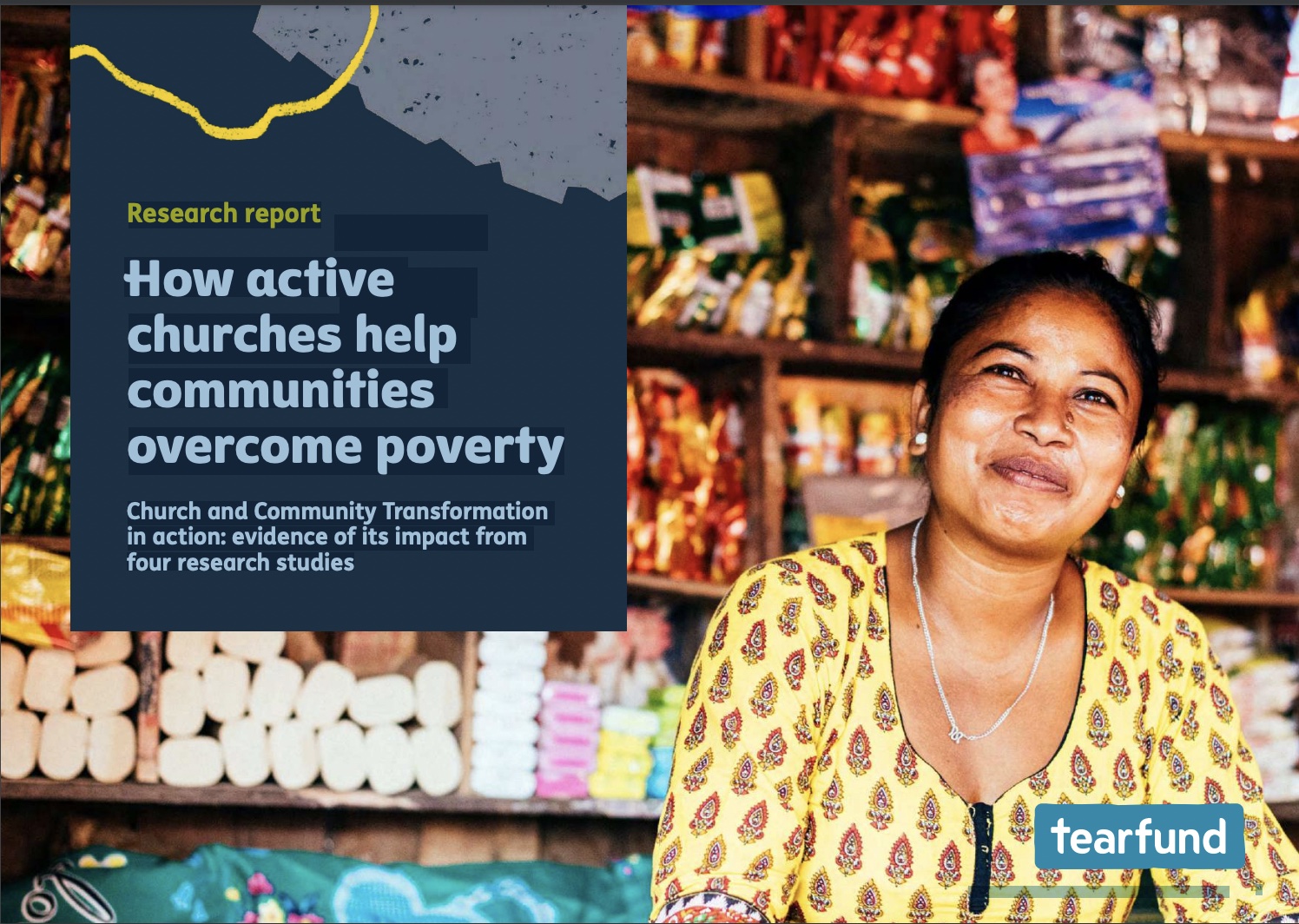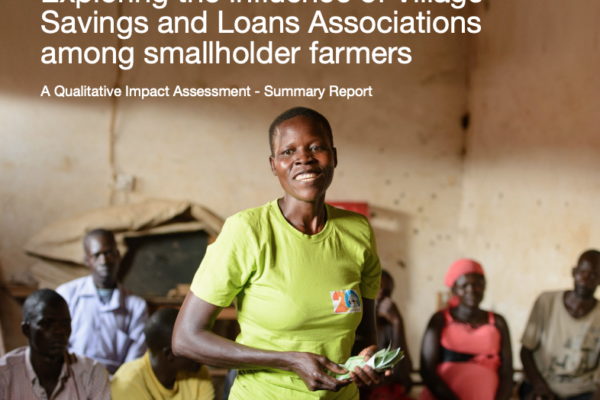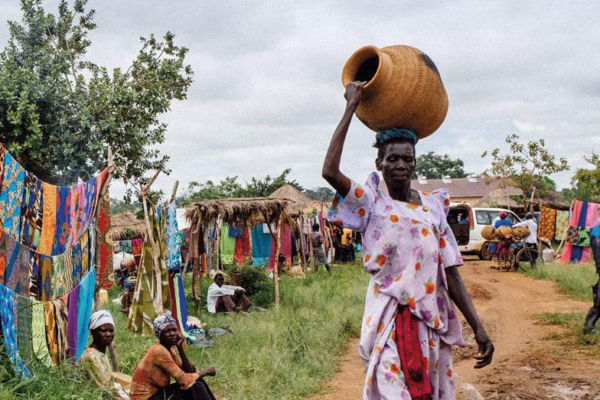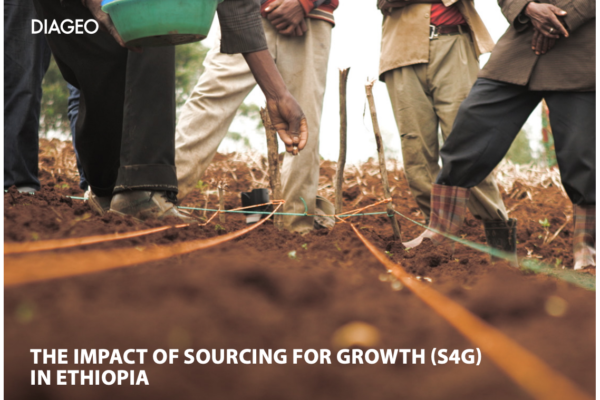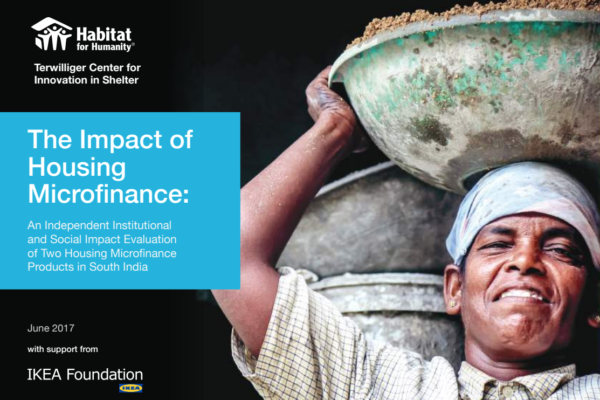Although there is no such thing as a ‘standard’ QuIP output, we do have some examples of use within evaluations in different contexts. This approach to collecting and analysing narrative data can be used to evaluate the impacts of specific interventions, but also in a more exploratory way to understand perceptions of what causes what and how change happens, and how these may differ between different groups and in different contexts. Examples of this more exploratory work are in our work with the Sustainability Governance of China’s Global Infrastructure Investments team at the University of Bath, and the transatlantic university team working on Economic Futures: the Interplay of Identities, Trust and Governance in South African townships.
The pool of reports we can share publicly is somewhat limited, but we do share those which have been published. Some are posted below, but please do check out our Resources page for more.
We have a smaller selection of case studies in an online booklet which cover a range of countries and contexts.
We also have a full list of evaluations we have worked on, and these are also split by sector below:
- Rural livelihoods (agriculture)
- Market development
- Microfinance, savings and social cash transfers
- Education
- Health, nutrition, water and sanitation
- Gender relations and sexual & reproductive health
- Work, community and third sector organisations
Please also check out our guest blogs from researchers, evaluators and commissioners:
- UNICEF QuIP evaluation of the effectiveness of the Social Cash Transfer programme in urban Zambia
- Using QuIP to Evaluate a Holistic Community Development Program (World Concern)
- Using QuIP to evaluate Impact Networks
- 60 Decibels publish Lean QuIP learning brief
- Summarising complex pathways of change for a Save the Children Cash Plus project
- Using QuIP to assess the impact of World Food Programme food systems support in six countries
- Interviewing adolescent girls in Kenya: Feed the Children
- The importance of closing the feedback loop: a researcher’s perspective from Uganda
- Measuring economic empowerment in impact investing: AgDevCo
- Financial inclusion: are we finally asking the right questions?
- When Qualitative Approaches Work Best – Universidad Católica Argentina (UCA)
Below is a mixture of reports we have authored, supported or which have been undertaken independently. Some older reports below predate Causal Map which means that the maps will look different and some of the terminology may be different.
UNICEF Innocenti and Young Lives India: What Drives Changes in Child Labour and Schooling? Evidence from two exploratory studies among children and adolescents in Bihar and Telangana, India
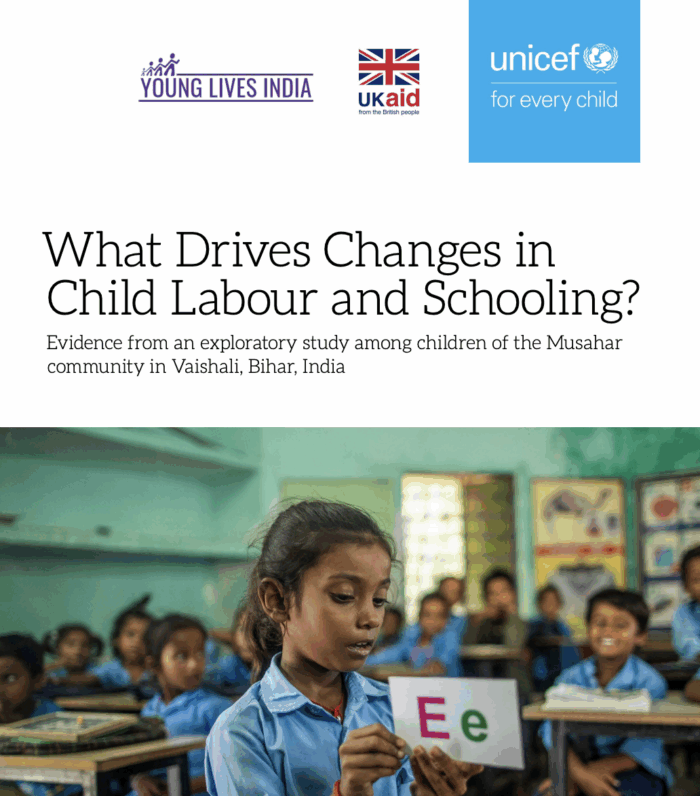
Save the Children: Cash Plus for Nutrition and Child Development in Malawi: MAZIKO midterm Qualitative Impact Protocol (QuIP) evaluation
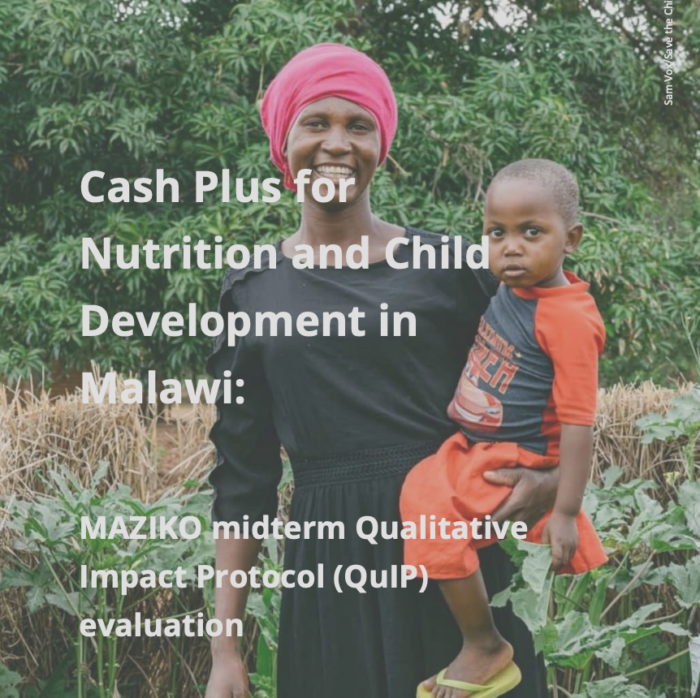
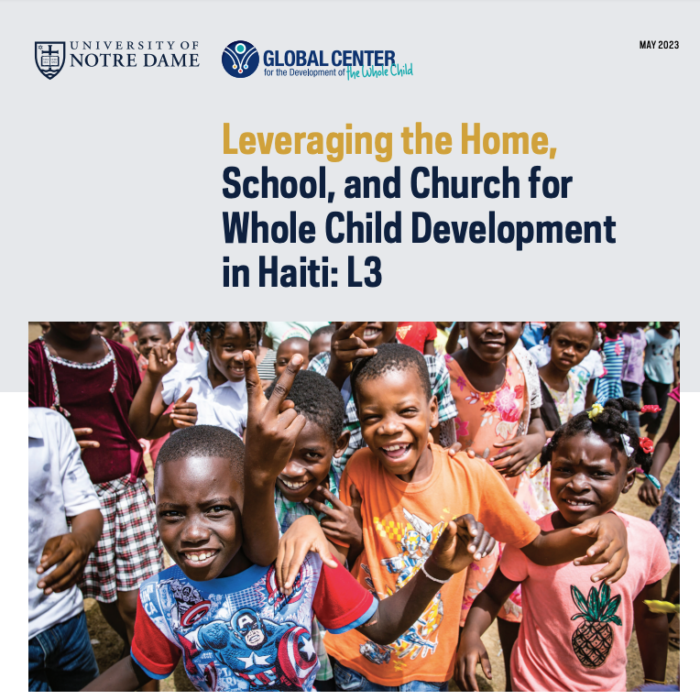
Global Center for the Development of the Whole Child in Haiti: Leveraging the Home, School, and Church for Whole Child Development in Haiti
World Food Programme: Evaluation of WFP contribution to market systems in Bangladesh and South Sudan
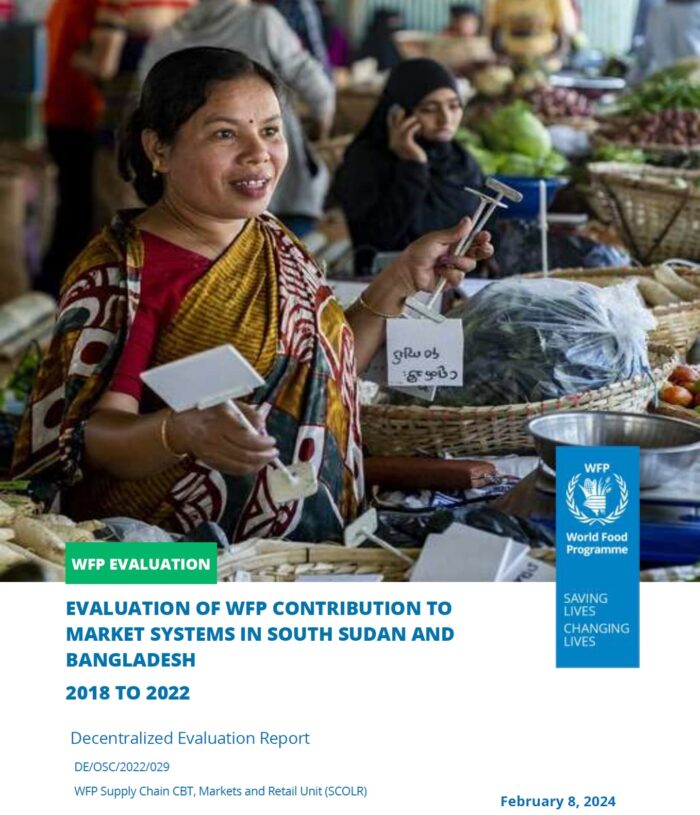
Oxford Policy Management: Linking formal financial services with informal savings: Reflections from QuIP studies of the Savings at the Frontier programme, 2019-2022
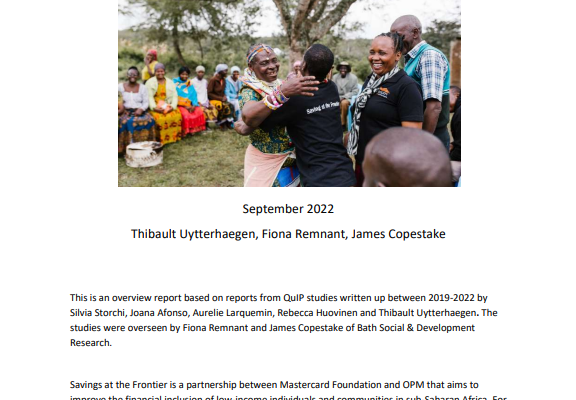
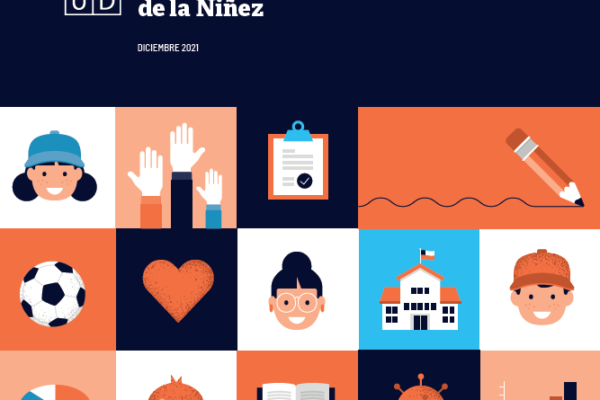
World Food Programme: WFP Contribution to Market Development and Food Systems in Southern Africa: Thematic Evaluation (2021)
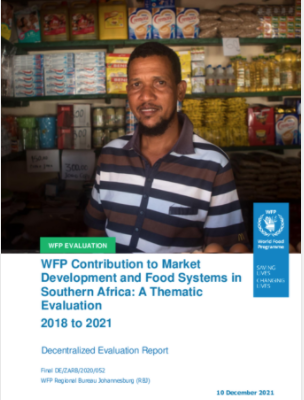
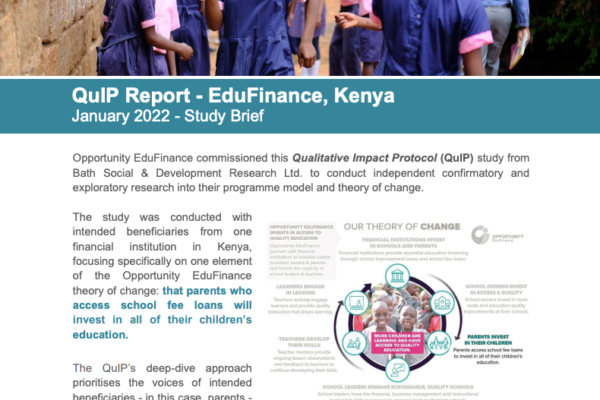
Opportunity International: EduFinance, Kenya, School Fee Loans (2022)
A summary of findings from Voscur’s work to ‘Strengthen Bristol’s Social Economy’
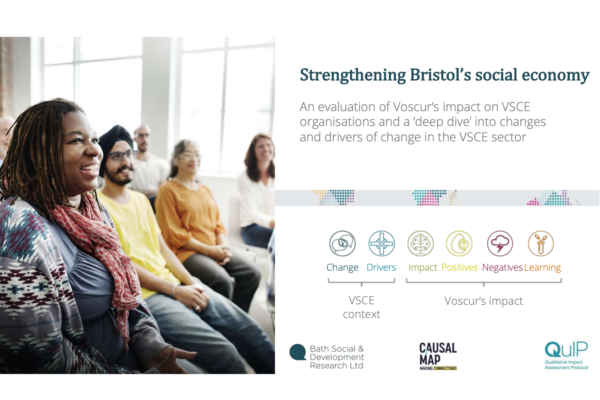
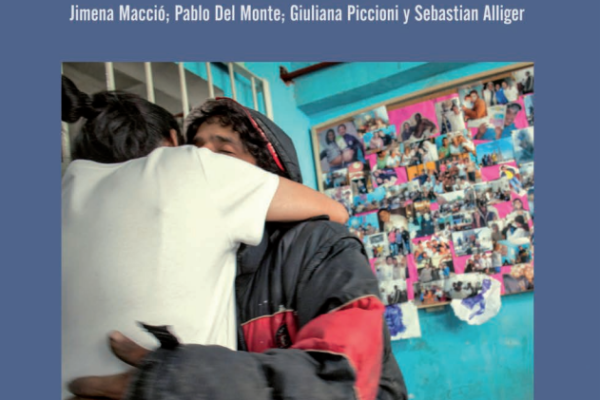
Universidad Católica Argentina: Una evaluación de impacto integral de los centros barriales del Hogar de Cristo en la Ciudad de Buenos Aires (2020)
Power to Change: Summary of QuIP evaluation of Bright Ideas Programme (2020) and featured in their Impact Report
